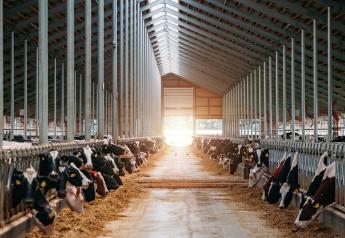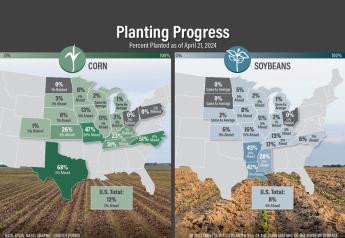NMPF Endorses Trans Pacific Partnership

The National Milk Producers Federation Board of Directors today endorsed the Trans Pacific Partnership after its staff and the U.S. Dairy Export Council spent the last few months analyzing the trade agreement.
“Taken in its entirety, the TPP agreement is positive for the U.S. dairy industry,” says Jim Mulhern, president and CEO of NMPF. “Although it achieves less than we wanted in terms of throwing open new markets in Japan and Canada, I am particularly pleased that we did not concede to a huge surge in new imports.”
The agreement will also knock down other trade barriers, such as food safety disputes, and challenge the growing number of restrictions limiting trade of foods with commonly-used names such as parmesan, says Mulhern.
At the same time, the NMPF Board said the agreement should not be used as a template for future trade agreements because it does not make significant inroads to increasing U.S. dairy exports.
Among TPP’s positives:
• The net effect of the trade deal, if it is ratified, is neutral to slightly positive for U.S. dairy exports, increasing access to Canada and Japan. It would also allow fewer increases in imports to the U.S. than was originally feared.
• There is potential for the agreement to be expanded to include other Asian countries, which are already negotiating their own bi-lateral trade agreements with U.S. competitors.
• The TPP features “groundbreaking new commitments” on sanitary and phytosanitary provisions, which at times have been used to block trade.
• And it contains new Geographical Indications (GI) provisions on generic food names, which allows the United States to challenge those barriers should they arise.
The NMPF Board also went on record to oppose the U.S.-European Union Transatlantic Trade and Investment Partnership (TTIP) currently being negotiated.
“[The TTIP] negotiations have not demonstrated concrete progress towards addressing food safety challenges and other non-tariff trade barriers. In addition, we remain extremely concerned” about the EU’s efforts to claw back common food names for its members. The failure to resolve these issues in the TTIP “would exacerbate the existing U.S. dairy trade deficit with the EU of over $1 billion,” says Mulhern.







